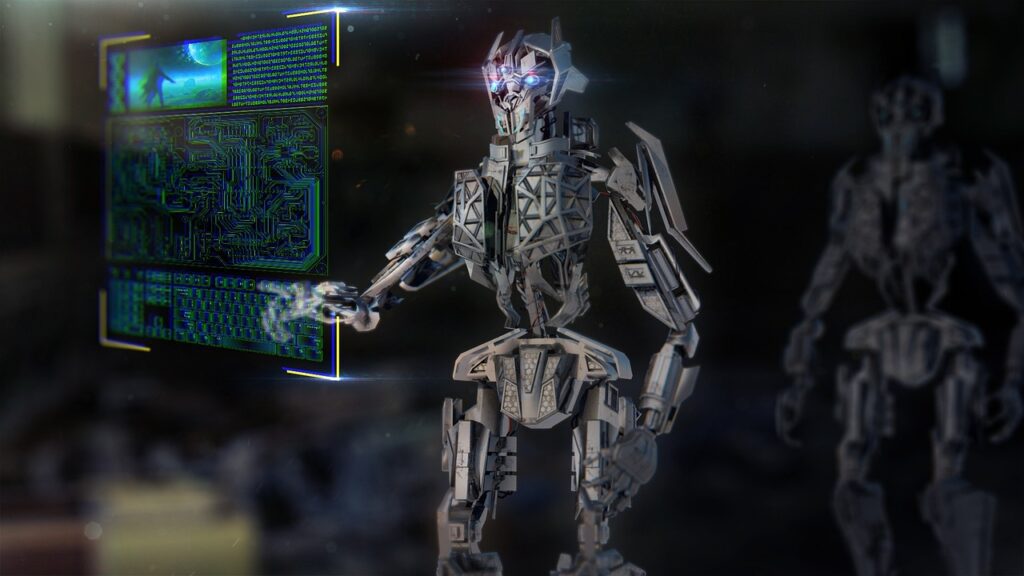While so much knowledge and information becomes quickly dated these days, there are still many items out there that I find of perennial interest. One of these is No Excuses: The Power of Knowledge, a brief 2004 article from Jonathon Levy of the Monitor Group. In it Levy makes the case that online learning technologies can have significant social impact and that developing companies may, in fact, be better positioned—or at least more determined—to embrace some of the newer technologies than well-heeled corporations. Levy relates the story of a very determined group of students at Myeka High School outside of Durban, South Africa:
The students, highly motivated to end generations of poverty under apartheid, desperately needed computers. Local business donated machines, but there was no electricity in the town, nor was there a river nearby. Solar power was too expensive. All they had was themselves and their creativity. A group of students and teachers conceived of a unique solution: they rerouted the school’s 16 toilets to a large tank that generates methane gas. The gas supplies fuel to a generator that powers the school’s 20 computers. Their computer lab operates for five hours every day. They also use the resultant clean compost in the school’s vegetable patch, where spinach and carrots are cultivated to help feed scores of AIDS orphans at the school.
This is perhaps the stuff of a Frank Capra movie (in some parallel universe in which Capra ventures outside of white, middle-class America), but it would take a truly hardened educator to not be moved by the example. Levy argues that the combination of intense need and the lack of legacy infrastructure may in fact lead to some of the most innovative and high-impact uses of new learning technologies:
…while much of the thinking around just-in-time learning is aimed at knowledge workers in industrialized nations, such integrated knowledge systems have profound application in less-developed nations as well. There, the need is great and the traditional academic infrastructure cannot move quickly enough to keep up with the demand. An entirely new “disruptive model” of learning—just-in-time learning—can help those nations leapfrog past the industrialized nations, where corporations have huge sunk costs in older technologies that mitigate against imaginative futuristic solutions.
I put the efforts of OneWorld TV, which I have written about in this blog, in this camp of “disruptive” learning models. Back when users in more developed nations were complaining about Internet bandwidth being insufficient for effective use of video, OneWorld users were quietly sharing their stories and knowledge with the technology that was available—well before YouTube came along.
I’d like to collect all of the examples of disruptive learning that can be found. If you have one, please post it.





Levy’s story of the ingenuity of the students at Myeka High School reminds me of stories in David Bornstein’s 2004 book _How to Change the World: Social Entrepreneurs and the Power of New Ideas_. I believe there’s some connection (causal? symbiotic? still a little too amorphous in my mind for me to articulate) between enterpreneurship and disruptive learning. Maybe they both get at necessity as the mother of invention, if you take learning and enterpreneurship as fundamentally inventive activities.